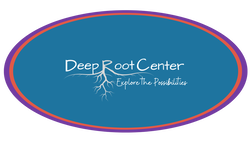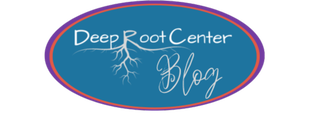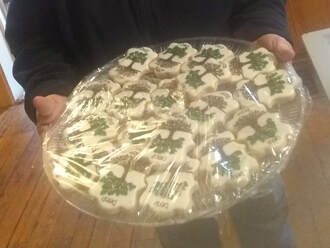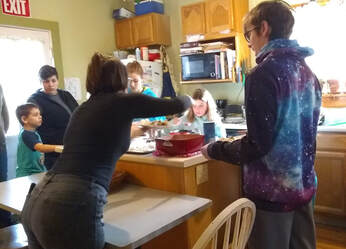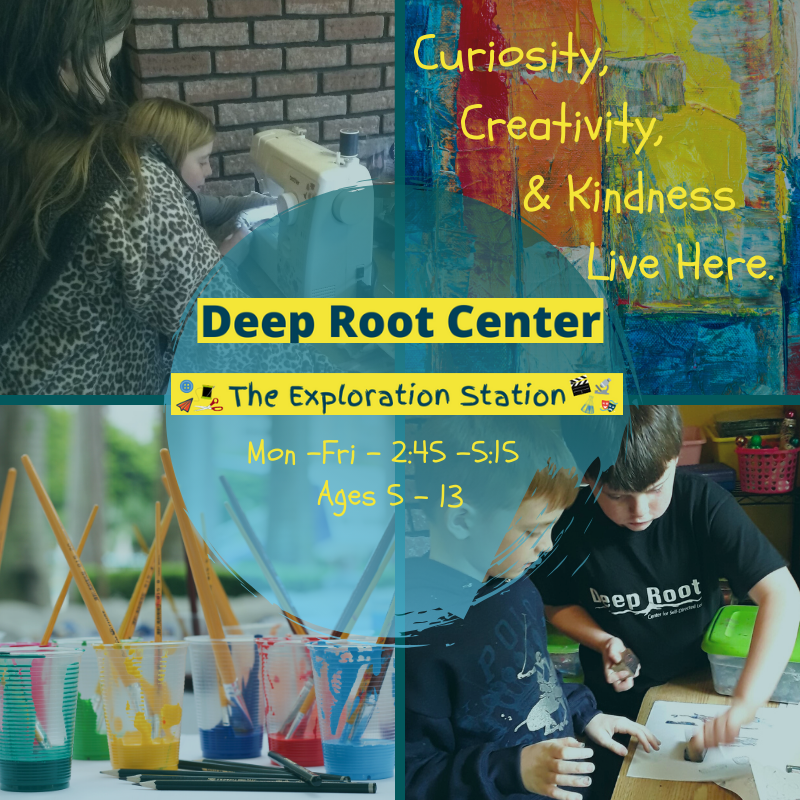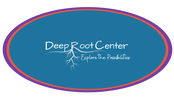|
Who decides what excellence means, or to be more accurate, what it looks like? What are the criteria? These questions could continue for another paragraph or so, but, I’ll stop here because I think you know where I am headed … Excellence, along with its alter egos - perfection, superiority, flawlessness, and grade A+, has created a culture in which we are never fully satisfied with our real and authentic selves. This discontent includes all of the superficial imperfections, as well as the limitations, involuntarily, determined by the labels placed upon us by others, and ourselves. As a society, we slot everything into predetermined categories and then feel the compulsion to harshly judge the “broken,” the “flawed,” and the less than ideal. We don’t allow ourselves to celebrate the awesomeness of everyday accomplishments, feel gratitude for the commonplace, or honor the beauty of individual struggle. We simply don’t see the superpowers behind the labels. As a result, most of us spend our lifetimes seeking out that elusive ideal by engaging in a variety of activities, which only produce a temporary "high" but will never completely fill that void created by the feelings of discontent and failure. When you think about it consumerism (our entire economy) is fueled by this obsession for achieving excellence. Many of you will recall my dislike – I mean my complete and utter aversion of using diagnoses to label someone. I truly believe that they do nothing more than provide people with excuses: 1) to treat the labeled differently, and 2) for those who carry the label to allow that diagnosis to determine their behaviors and hold them back from achieving the things they always wanted. A couple of weeks ago, I had a teen, who knows this about me, look me square in the eye and say, “but sometimes those labels can be helpful because they give a name to the thing that someone has been struggling with and believed they were the only one.” Well, that certainly gave me pause; however, after contemplating her view for a long time, my stance remains intact. Simply put, I look at it like this: as humans, we are all somewhere on the various scales of neurodiversity, mental, and physical ability. So instead of pigeonholing, condescending, or condemning, I am encouraging that on a broader level within our society, we intentionally create space, time, and support where everyone has the opportunity to fully explore and recognize their inherent abilities - their personal brilliance. And, then, work through their own challenges to figure out and develop the techniques and personal life hacks that work best for them - which may not be (are probably not) the same ones that work for others with the same diagnosis. This along with the understanding that our life, itself, is in constant flux, is necessary for our personal evolution. For instance, I always work with the underlying knowledge that as I grow and change, every single project I undertake can be revised, or, even scrapped and redone, at any time. In my mind, nothing I have worked on is ever completely "finished." Envision a culture driven by the compulsion to encourage the strength and tenacity of individual talents and authenticity, where we would no longer have a large portion of our society who feels like their personal quirks and obstacles make them inferior. And, now, imagine a world crowded with enthusiastic people who acknowledge their innately flawed humanness, have the audacity to embrace their imperfections as their superpowers and use their lives to inspire others. DRC News
Annual Funding Appeal - Please remember DRC in your end of year giving. We rely on your contributions to do our work. Exploration Station - We are super excited to announce that DRC is launching an Afternoon Program beginning January 6th. Space will be limited to ten kids. Details can be found here.
0 Comments
Your comment will be posted after it is approved.
Leave a Reply. |
|
© 2024 Whole Learners, Inc. 501(c)3
Deep Root Center
48 Riverside Drive, Canton, NY 13617
315*323*1435/[email protected]
Deep Root Center
48 Riverside Drive, Canton, NY 13617
315*323*1435/[email protected]
